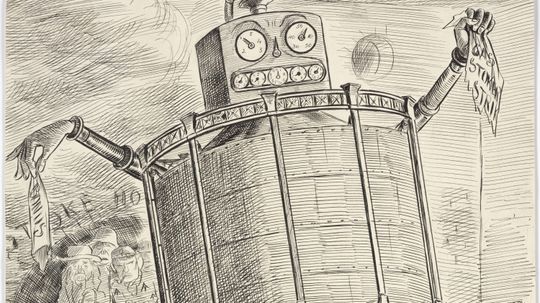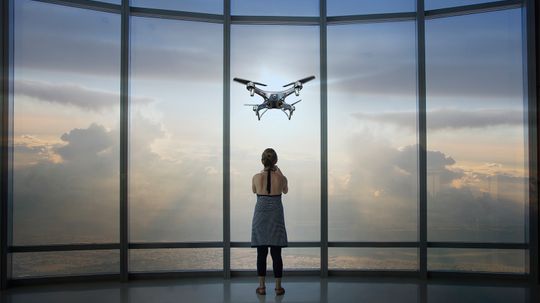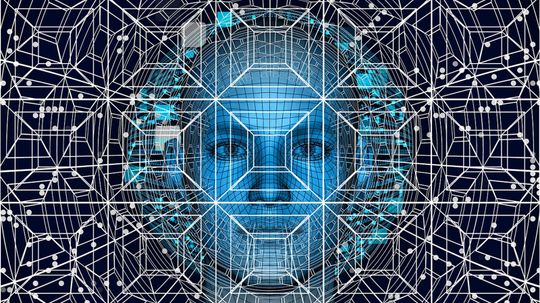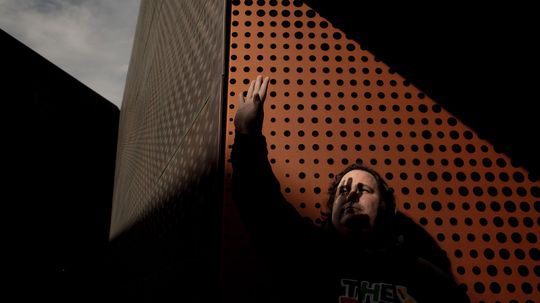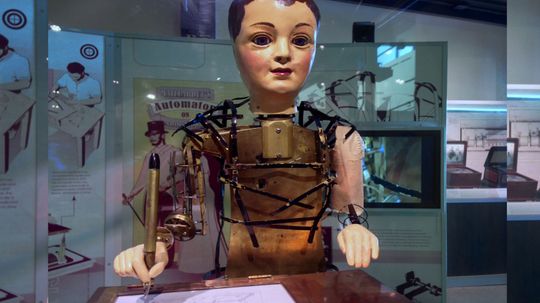Robots
Robotics is the science of creating artificial intelligence. From the simplest of automated machines to the most complex “real” transformers, robots are more ubiquitious than you might imagine.

The World's Most Awe-inspiring Glass Buildings

10 Innovative Architects to Watch

16 World-Famous Architects and Their Impact

Who Builds Data Centers? Where? Why? We Have So Many Questions

The Steepest Road in the World, Plus 9 Rival Inclines

Here's Longest Bridge in the U.S., Plus 7 Runners-Up

10 Types of Swords for All Sorts of Circumstances

A Horrifying Russian Lathe Accident Highlights Vital Safety Protocols
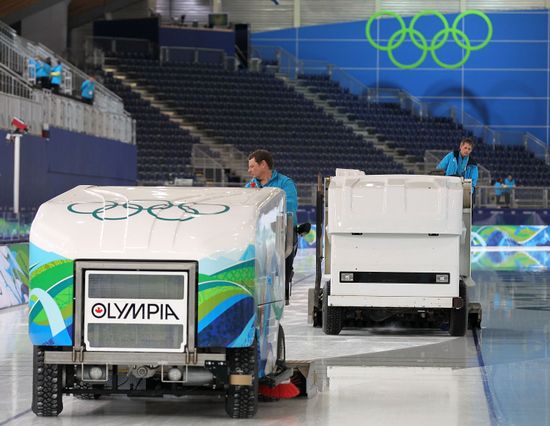
How Zambonis Work

What's the Hardest Wood in the World?
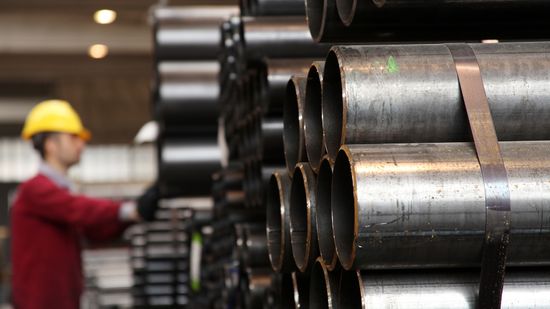
10 Types of Metal (and We Don't Mean the Music)

Are food-based plastics a good idea?
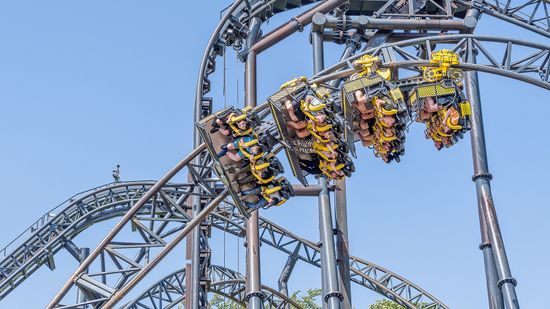
What's the Scariest Roller Coaster in the World? 10 Contenders

The Tallest Roller Coaster in the World Stood for 19 Years

Tallest Building in the U.S. and 13 Other Stunning Skyscrapers
Learn More / Page 2
We think of robots as modern inventions, or maybe even retro creations meant to realize futuristic visions. But automata go back - way back - into history.
Many people worry that drones will invade their privacy, though experts say the fear is greater than the actual threat.
AI already can outperform humans in some narrow domains, but in the future AI may go inside the human brain to enhance intellectual capabilities, turning users into human-machine hybrids.
Advertisement
A Google engineer made headlines for claiming that an AI called LaMDA had become sentient or conscious. While many AI scientists disagreed, what would it take for an AI to ever become sentient?
Computer-generated artificial celebrities, created with cutting-edge technology, have become some of the hottest social media stars on the planet, selling everything from insurance to perfume.
Could a computer chip implanted in our brains make the necessity of actually learning anything, like a language, obsolete because knowledge will be available for streaming 24/7?
Maillardet's Automaton, built around 1800, can write poems and draw pictures and was a precursor to today's sophisticated robots.
